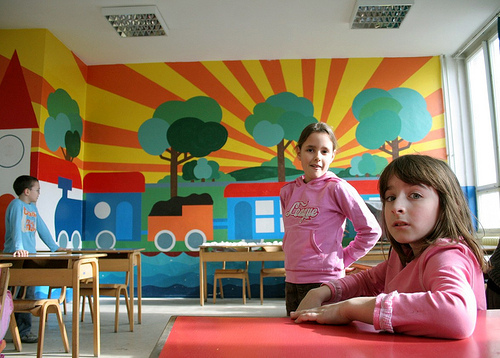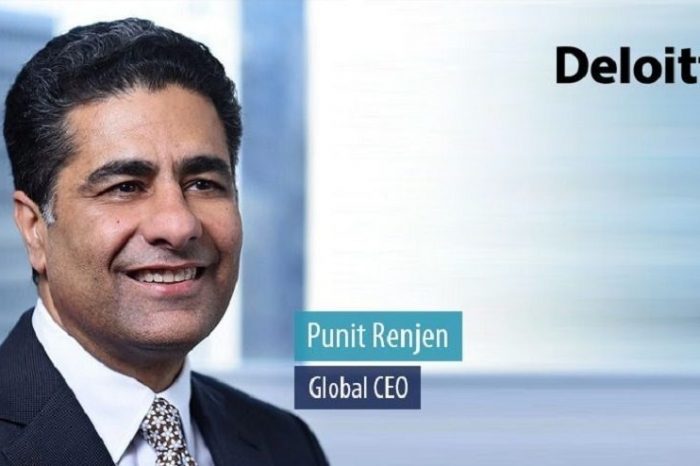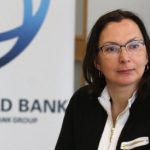World Bank: Children in Romania face risks to their productivity potential without urgent investment in Human Capital
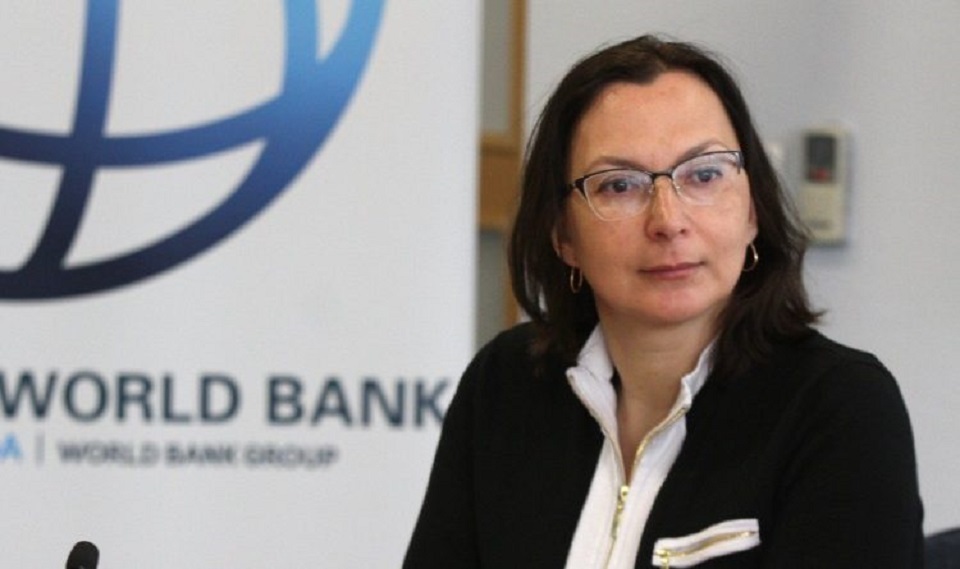
A child born in Romania today will achieve only half of the productive potential of a fully educated adult in good health, says the latest update of the World Bank’s Human Capital Index (HCI), which measures pre-pandemic human capital outcomes around the world.
The Human Capital Index (HCI), first launched in 2018, measures the level of knowledge and skills that a child born today can expect to acquire by the age 18 based on the risks associated with poor education and health in a specific country.
This year’s report includes a decade-long analysis of human capital development from 2010 to 2020 in 103 countries, including Romania. This analysis shows that a child born in Romania today will be achieve 58 percent of a fully educated adult in optimal health. This is lower than the productivity potential of 60 percent 10 years ago.
The country is now lower than the average for the Europe & Central Asia region including high-income countries.
The HCI is made up of six indicators: the probability of survival to age 5; a child’s expected years of schooling; harmonized test scores; learning-adjusted years of school; adult survival rate and healthy growth – the proportion of children who are not stunted (data on stunting are not available for Romania). Scores are compiled for 174 countries covering 98 percent of the world’s population up to March 2020, providing a pre-pandemic baseline on the health and education of children.
Romania’s HCI value reflects the need for urgent improvements in health and education outcomes. Today, a child in Romania can expect to complete 11.8 years of pre-primary, primary and secondary school by age 18, compared with 12.6 years in 2010. By comparison, a child in France can expect to complete 13.8 years. When years of schooling are adjusted for the quality of learning, the World Bank estimates that a child in Romania only benefits from 8.4 years of schooling, a learning gap of 3.4 years. Furthermore, students in Romania score 442 for learning outcomes on a scale where 625 represents advanced attainment and 300 represents minimum attainment. In terms of health, the percentage of 15-year-olds that will survive to age 60 stands at only 88 percent, compared to 93 percent in France and 95 percent in Sweden.
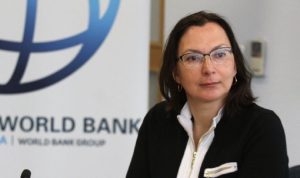 “Once again, the Human Capital Index draws attention to the fact that Romania needs to urgently invest in the health and education of its children. The World Bank is committed to assist Romanian authorities in their efforts to invest more and invest smarter in human capital, to accelerate progress towards a world in which all children can expect to receive quality learning in the classroom or online, and are able to enter the job market as healthy, skilled, and productive adults,” said Tatiana Proskuryakova, World Bank Country Manager for Romania and Hungary.
“Once again, the Human Capital Index draws attention to the fact that Romania needs to urgently invest in the health and education of its children. The World Bank is committed to assist Romanian authorities in their efforts to invest more and invest smarter in human capital, to accelerate progress towards a world in which all children can expect to receive quality learning in the classroom or online, and are able to enter the job market as healthy, skilled, and productive adults,” said Tatiana Proskuryakova, World Bank Country Manager for Romania and Hungary.
The World Bank Group’s 2020 Human Capital Index shows that pre-pandemic, most countries have made steady progress in developing human capital in children, with the biggest strides made in low-income countries. Despite this progress, and even before the effects of the pandemic, a child born in a typical country could expect to achieve just 56 percent of her potential human capital, relative to a benchmark of complete education and full health.
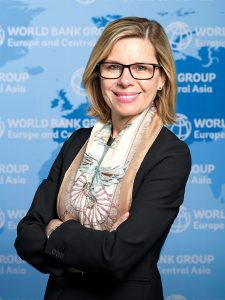 “Governments in Europe and Central Asia have done well in prioritizing investment in health and education, which are key drivers of growth and development. The challenges unleashed by COVID-19, however, require an even stronger policy response, including greater use of technology to improve service delivery and enhanced social assistance programs, to ensure that people receive quality education and health care,” said Anna Bjerde, World Bank Vice President for the Europe and Central Asia region.
“Governments in Europe and Central Asia have done well in prioritizing investment in health and education, which are key drivers of growth and development. The challenges unleashed by COVID-19, however, require an even stronger policy response, including greater use of technology to improve service delivery and enhanced social assistance programs, to ensure that people receive quality education and health care,” said Anna Bjerde, World Bank Vice President for the Europe and Central Asia region.
The World Bank Group is working closely with the Romanian Government to develop long-term solutions to protect and invest in people during and after the pandemic, including through the following interventions:
- Improving access to and quality of selected public health services through the EUR250 million Health Sector Reform Project, by strengthening health service delivery, governance and the public health emergency response to COVID-19;
- Increasing the coverage of primary healthcare for underserved populations and improving the efficiency of health spending through the EUR500 million Romania Health Program-for-Results;
- Supporting the education system in its efforts to cope with COVID-19 challenges and managing the continuity of the learning process financed by the EUR200 million Romania Secondary Education (ROSE) Project. This includes the purchase digital devices for disadvantaged high-school students and accelerating learning through remedial, tutoring, counselling activities facilitated by ongoing ROSE grant schemes.
The World Bank Group, one of the largest sources of funding and knowledge for developing countries, is taking broad, fast action to help developing countries strengthen their pandemic response. We are supporting public health interventions, working to ensure the flow of critical supplies and equipment, and helping the private sector continue to operate and sustain jobs. We will be deploying up to $160 billion in financial support over 15 months to help more than 100 countries protect the poor and vulnerable, support businesses, and bolster economic recovery. This includes $50 billion of new IDA resources through grants and highly concessional loans.
www.worldbank.org/humancapitalproject
#InvestInPeople #HumanCapital
For more information about the World Bank’s work in Romania, visit: www.worldbank.org/en/country/romania



